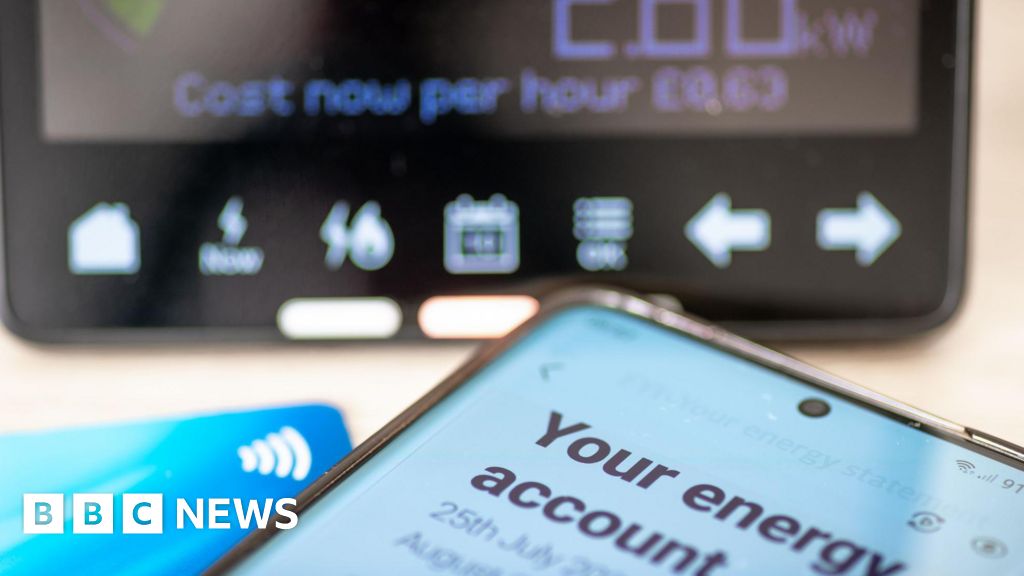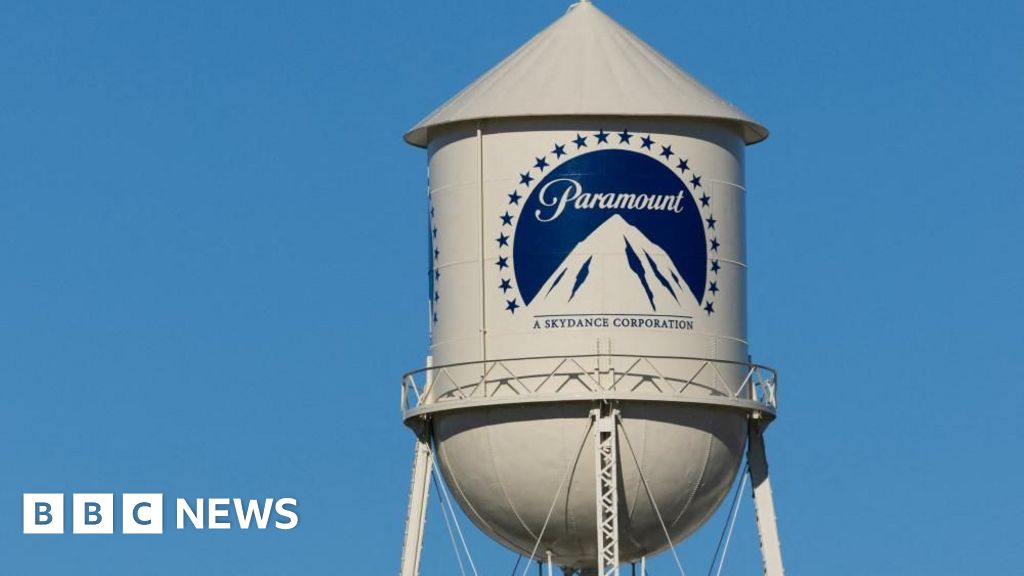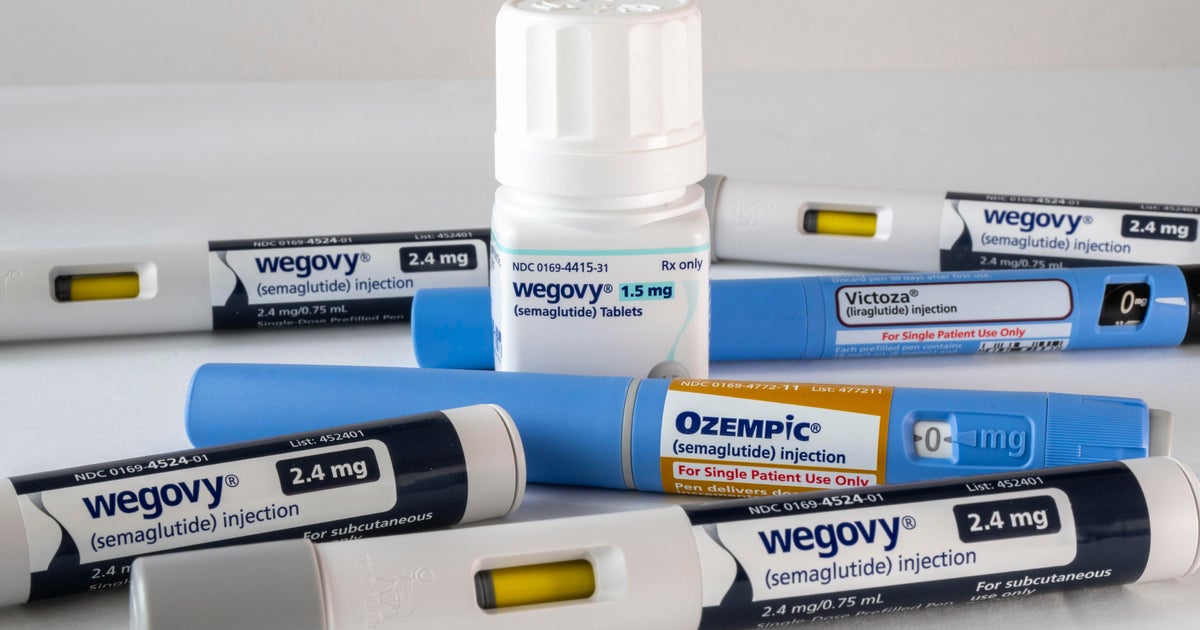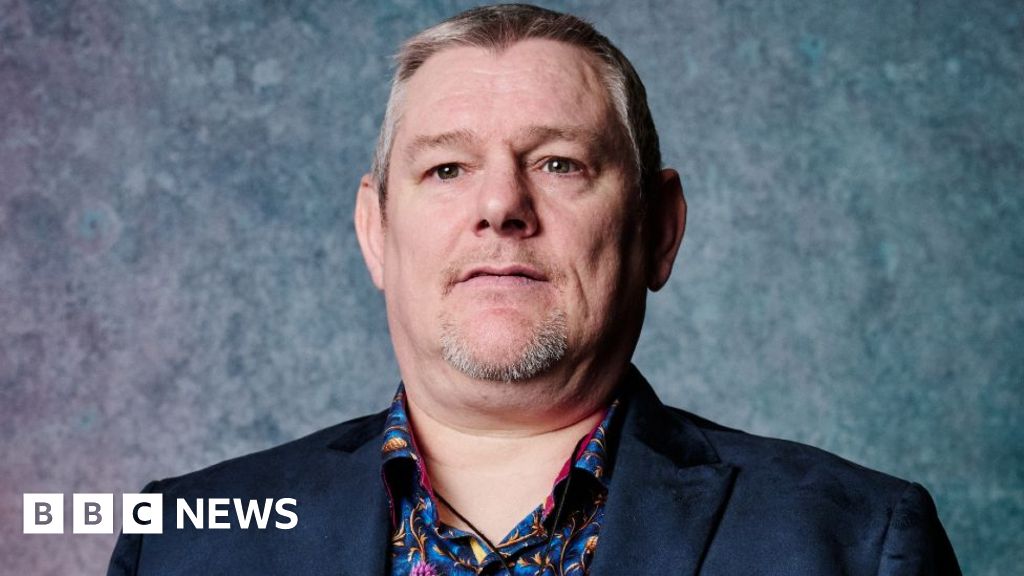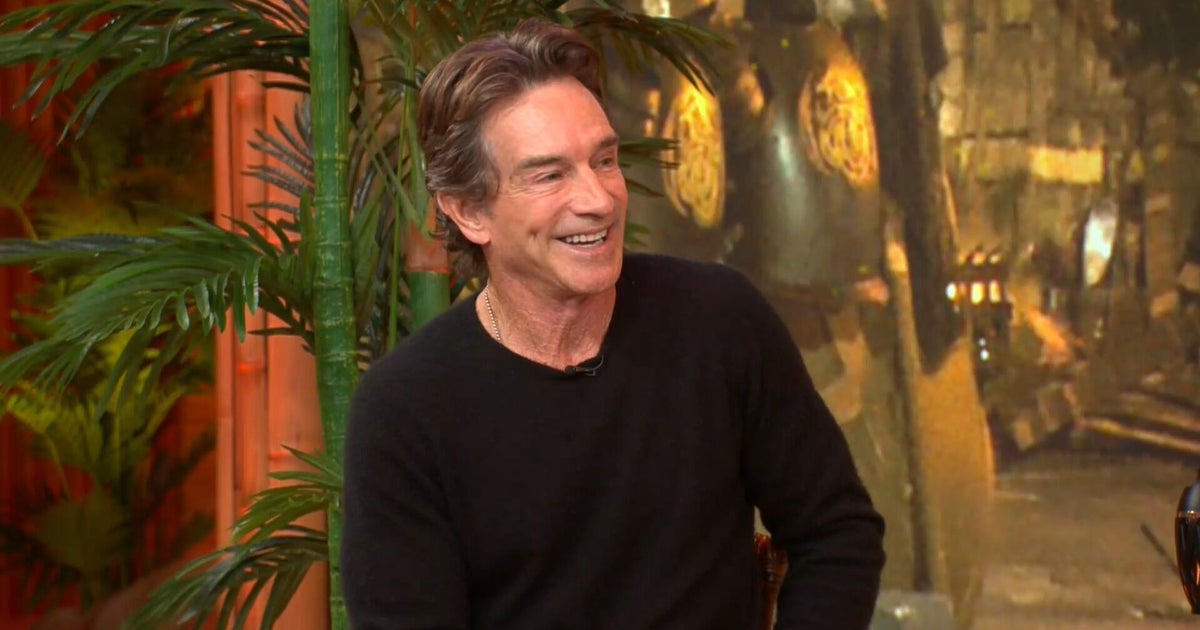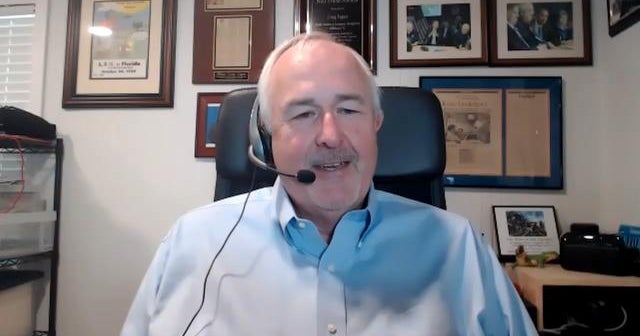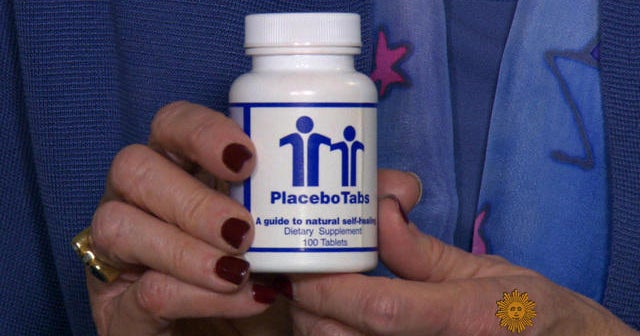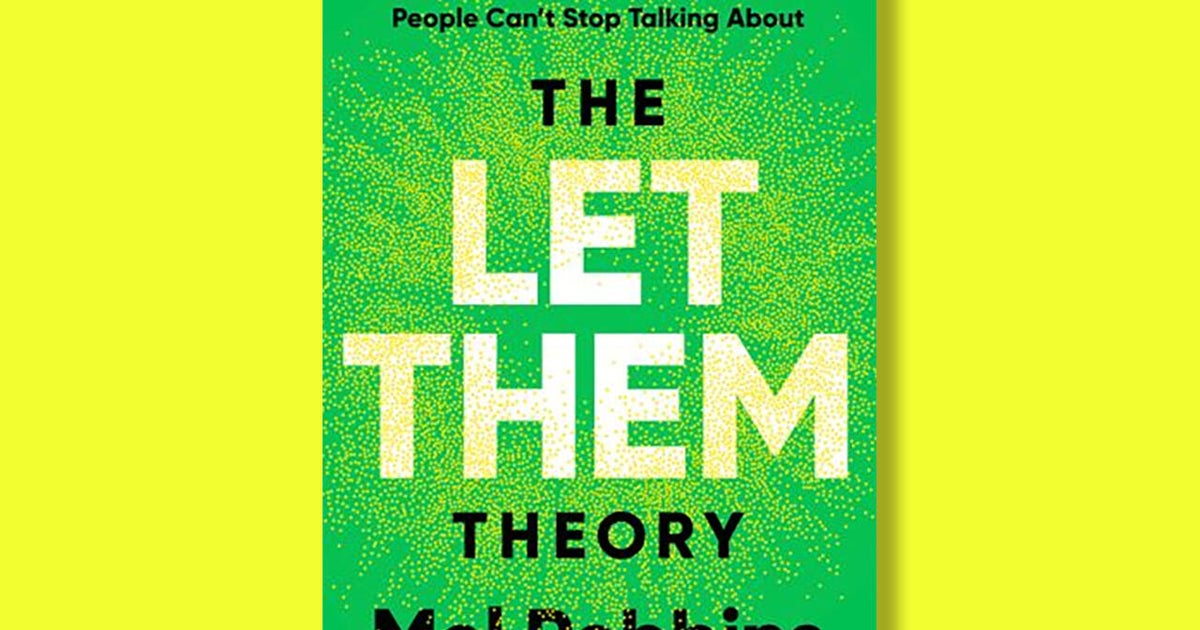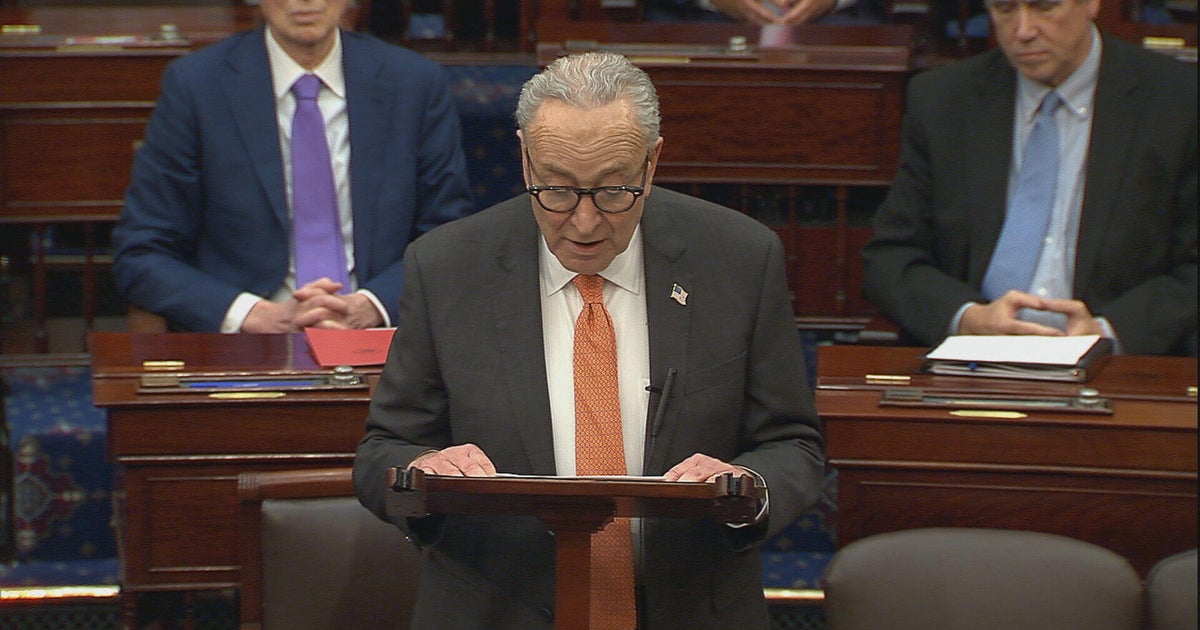Morning Erections Are a ‘Green Flag’ for Men's Health—Here's What Experts Say
Men: warning signs aren’t in the bedroom. Morning erections are a health checkpoint. Understand what they reveal about hormones, circulation, and vitality.

Waking up with an erection—often called “morning wood”—might feel awkward to some, but wellness expert Luke Coutinho and leading andrologists call it a powerful green flag for men's health. Far beyond an indicator of sexual thoughts or desire, regular morning erections reflect robust testosterone and blood flow, signaling vitality and functioning bodily systems. Conversely, inconsistency may raise red flags for underlying cardiovascular or hormonal issues that merit attention.
Why Morning Erections Matter:
Natural Overnight Vascular Check
During REM sleep, males cycle through phases of increased brain activity and irregular breathing. This stimulates pathways in the spinal cord that trigger penile engorgement via nerve and blood vessel activity—even without stimulation or conscious arousal. These nocturnal erections act as regular maintenance cycles that nourish erectile tissue, keeping it healthy.
Testosterone Rhythms and Hormonal Health
Testosterone—the hormone tied closely to libido, energy, and muscle maintenance—tends to peak in the morning. Consistent morning erections suggest that testosterone levels and hormonal rhythms are intact. Decline of these erections may correlate with hormonal drops from aging, stress, or testosterone deficiency.
What Experts Like Luke Coutinho andrologists Say:
A “Daily Vital Sign,” Not Always About Desire
Luke Coutinho calls morning erections a “green light” in the morning, not a response to sexual stimuli. Andrologists echo this, explaining that morning erections don’t require erotic thoughts—they are primal, physiological responses indicating healthy nerve and circulatory functioning.
A Metric Beyond the Bedroom
Andrologists emphasize that freedom from erection isn’t strictly about performance. It’s a window into systemic functions—cardiovascular health, hormonal integrity, spinal nerve pathways, and endothelial function. A sudden drop in frequency or rigidity should prompt a medical review rather than performance anxiety.
Red Flags—When Morning Erections Disappear:
Cardiovascular Warning Signs
Loss of regular morning erections can be a bellwether for compromised blood flow. Since penile arteries are small, they may reveal microvascular issues early—long before overt cardiac symptoms surface. Doctors recommend assessment if morning erections significantly diminish over months.
Hormonal and Metabolic Causes
Persistently weak or absent erections may suggest low testosterone—especially when accompanied by fatigue, low mood, or weight gain. Chronic conditions like diabetes or metabolic syndrome also impair blood vessel lining, making it harder to achieve rigidity.
Lifestyle Impacts
Factors like poor sleep, chronic stress, smoking, alcohol use, or obesity can suppress the neurological and hormonal pathways necessary for good morning erections. Conversely, diet, exercise, and stress management tend to preserve them.
What a Healthy Morning Erectile Rhythm Looks Like:
Frequency and Quality Benchmarks
Healthy adult men typically experience three to five erections per night, especially during REM cycles. Upon waking, an erection lasting a few minutes to half an hour—often without manual stimulation—indicates proper function.
Duration and Rigidity Matter
An erection lasting several minutes, especially when firm enough to test blood flow and neurological signals, serves as a strong green flag. Morning brief or weak erections occasionally happen—but missing them frequently deserves attention.
Boosting Erectile Health Naturally:
A Heart‑Friendly Lifestyle
Adopting a cardiovascular-conscious routine—walking, resistance training, and a whole‑food diet—supports blood flow. Cutting smoking, curbing alcohol, and maintaining healthy weight all support erectile resilience.
Sleep and Stress Modulation
Quality sleep fuels testosterone production. Aim for 7–9 hours nightly. Stress-management—through mindfulness, breathwork, or therapy—also protects neurological health and hormonal balance.
Regular Hormonal Monitoring
Men nearing or in their 40s and beyond may benefit from having hormone panels checked annually. Testosterone, thyroid, and prolactin levels can uncover hidden imbalances that affect morning erections.
When to Seek Medical Help:
Poor Morning Erection Patterns Over Time
If morning erections drop from daily to once every few weeks consistently for more than four to six months, medical evaluation is advised. Urologists often use this metric to guide diagnostics.
Accompanying Symptoms to Note
Report symptoms such as persistent fatigue, depression, irregular nocturnal sleep, erectile dysfunction during sex, or urinary issues. These clues offer context and may point to underlying hormonal, vascular, or neurological conditions.
Diagnostic Pathways
Clinics typically offer hormone testing (testosterone, SHBG, LH, TSH), vascular assessments, and neurological reviews. Early intervention increases chances of restoring normal erectile and overall health patterns.
Holistic Benefits of Recognizing Morning Erections:
Early Detection, Proactive Intervention
Regular erections offer early insights into broader health—often catching vascular or hormonal problems before they escalate. Addressing them early reduces risk of heart disease, diabetes complications, or depression.
Psychological Uplift and Vitality
Consistent morning erections affirm a functioning physiological baseline. In turn, they support self-confidence, sexual wellness, mood stability, and sense of masculine vitality.
Prevention via Lifestyle
By monitoring trends in morning erections, men can fine-tune behaviors—diet, sleep, exercise—to strengthen both sexual health and general wellness proactively.
Common Misunderstandings Clarified:
“No Erection Means No Desire” — Not So
Morning erections don’t equate to sexual readiness or desire. They are unconscious vascular responses. Lack of sexual interest, fatigue, or relationship issues may be unrelated to erectile status.
Age Doesn’t Equate to Immediate Decline
While it's true that aging men may experience slower or softer morning erections, many maintain a healthy pattern well into middle age—particularly with good health habits.
Sample Routine to Maintain Vitality:
Morning Check-In Ritual
-
Wake naturally, note whether an erection occurred and its strength
-
Hydrate with water, then eat a balanced breakfast with protein and fiber
-
Aim for 7+ hours of quality sleep nightly
-
In the evening: wind down with low screen time and stress relief
Lifestyle Supports
-
Include cardiovascular activity and resistance training 3–5 times per week
-
Prioritize heart‑healthy fats, whole grains, vegetables, and lean protein
-
Limit processed foods, excessive caffeine, smoking, and alcohol
Article Summary:
| Factor | Optimal Practice or Indicator |
|---|---|
| Morning erection frequency | 3–5 nighttime erections, regular morning rigidity |
| Duration and firmness | At least a few minutes of firmness each day |
| Influencing Lifestyle Factors | Sleep quality, stress, cardio fitness, healthy diet |
| Red flag duration | More than 4–6 months of diminished or absent morning erections |
| Underlying issues to check | Testosterone levels, cardiovascular and neurological health |
| Prevention methods | Balanced nutrition, sleep hygiene, hydration, movement |
Conclusion
Morning erections may feel insignificant but serve as a profound, physiological “green flag” reflecting hormonal, vascular, and neurological health. Recognizing and nurturing that nightly ritual offers men a window into wellness that transcends sexual performance—it’s an early indicator of vitality and functioning systems. If that routine falters, prompt, holistic assessment can help restore it—and protect broader health in the process.
Disclaimer
This article is for informational purposes only and not a substitute for professional medical advice. Always consult a qualified medical provider before making any decisions about your health. myhospy.com is not liable for any outcomes based on this content.
What's Your Reaction?
 Like
0
Like
0
 Dislike
0
Dislike
0
 Love
0
Love
0
 Funny
0
Funny
0
 Angry
0
Angry
0
 Sad
0
Sad
0
 Wow
0
Wow
0











